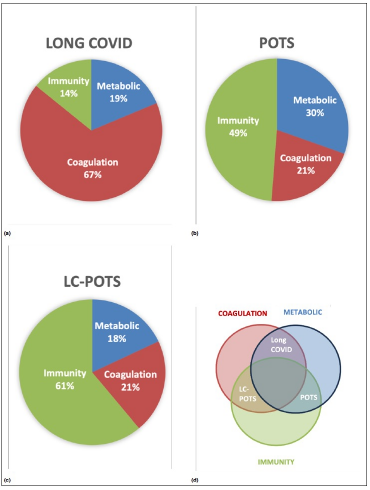
Vice-Dean: Research and Postgraduate Students, Faculty of Science, Stellenbosch Univ; Honorary prof: Univ of Liverpool Research: coagulation, inflammation
7 subscribers
How to get URL link on X (Twitter) App










